SUMMARY
This is AI generated summarization, which may have errors. For context, always refer to the full article.
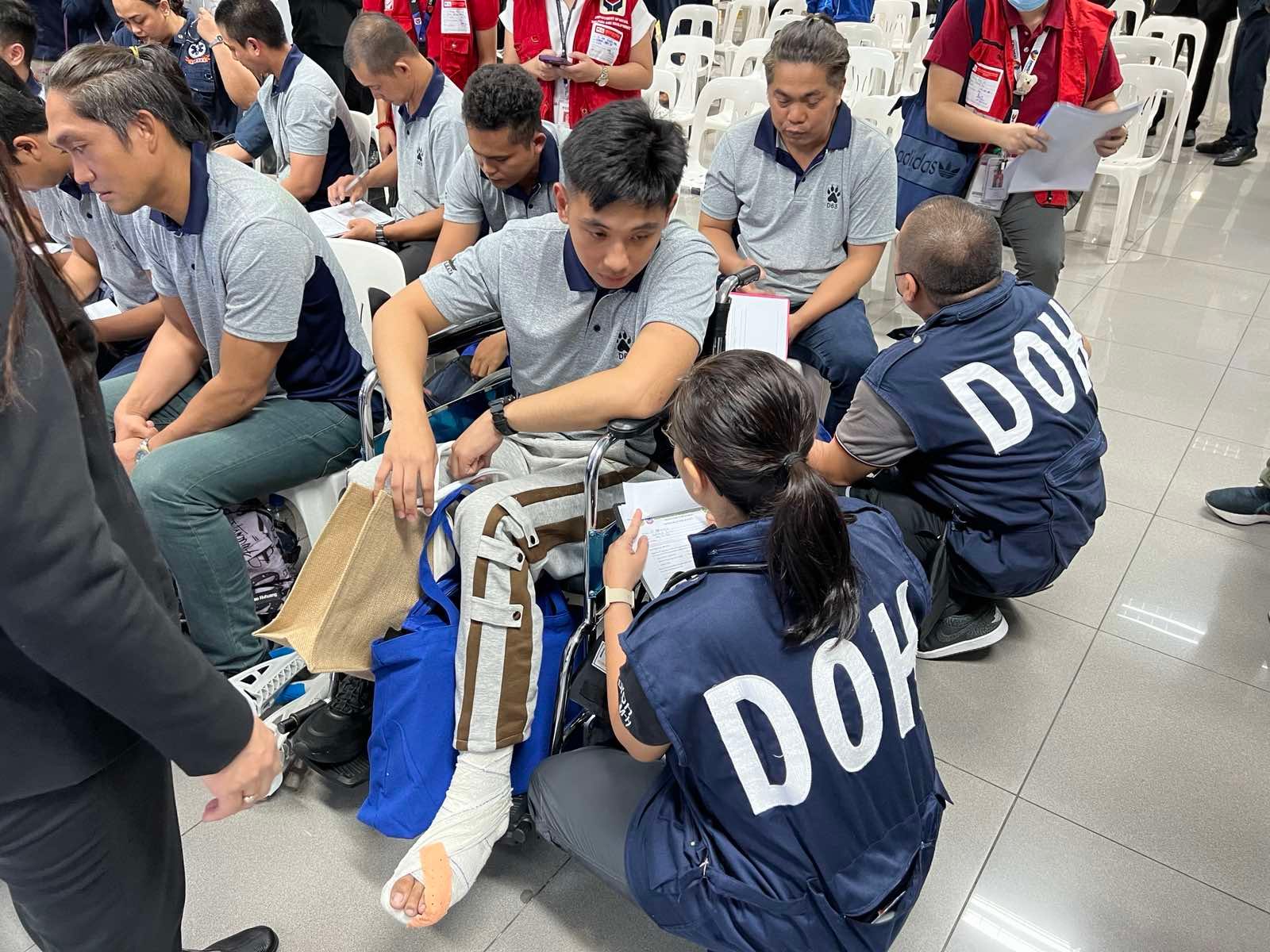
MANILA, Philippines – Following the attack from Houthi rebels on a ship in the Gulf of Aden, 11 of the 13 surviving Filipino crew members were repatriated back to the Philippines on Tuesday, March 12.
The Yemeni Houthi group launched a missile on bulk carrier True Confidence on March 6, which led to the deaths of two overseas Filipino workers (OFWs) and the serious injuries of another two. There were 15 Filipino seafarers aboard True Confidence.
Upon arrival in Manila on Tuesday from Djibouti, the Filipinos reunited with their families, escorted by various government agencies.

Speaking on behalf of the crew, 2nd officer Mark Anthony Dagohoy told reporters it was difficult to recall the details of the incident which led to their vessel becoming engulfed in flames.
Dagohoy said the crew was aware that they were headed to a high-risk area, and they were trained to face precarious situations. While he felt anxious, he said he pushed through because of strength from his family and faith.
“Sa ngayon… ayaw ko [na bumalik]. Pero ang seafarer ay malaking parte ng trade…. ‘Yun lang kasi talaga ang way na dadaanan doon, wala naman po ibang dadaanan. So alam naman po namin yung pinasok namin ng mga kasamahan ko rin po,” he said.
(As of the moment, I don’t want to go back. But seafarers are a big part of trade, and sometimes that is the only route. We know the risks we are taking.)
Dagohoy said they felt “okay” following the attack since there was support from their families, the government, and their manning agency. He also said he was close to the two crew members who died.
“Nalulungkot po talaga [kami] ng grabe. Kasi nakakasama namin ‘yung mga ‘yun doon… mga salo-salo. Tapos biglang ganon ang pangyayari. Napakasakit po sa amin, lalo na po sa pamilya,” he said.
(We are devastated. Because we bonded with them over meals, and then things turned out that way. It really hurts for us, especially for the families.)
As of Tuesday evening, recovery operations were still underway to retrieve the remains of the three workers, including the two Filipinos, who died in the attack.
The two Filipinos hospitalized in Djibouti – one with severe burns, and another who had to have his leg amputated – are set to arrive in the Philippines via air ambulance when they are cleared for discharge.
In a statement on Tuesday, the Israeli embassy in Manila expressed condolences to the Philippines and families of the fallen OFWs.
“The attacks by the Houthis on vessels in the Red Sea and the Indian Ocean violate the freedom of navigation, threaten the welfare of seafarers, and impact the shipment sector, supply chains, and prices of oil,” the embassy said.
The Houthis claim to be acting in solidarity with the Palestinian people, who have faced increased assaults from Israel, particularly in besieged enclave Gaza.
Not about the money
The International Bargaining Forum classifies the Gulf of Aden off the coast of Yemen as a warlike and high-risk area. Seafarers who know they are headed for this area have the right to refuse an assignment. If they do decide to go ahead, they are entitled to bonuses, and double compensation in the event of disability and death.
As seen in previous crises, such as the repatriations of OFWs in Israel following the breakout of the war between Israel and Hamas, some workers were still willing to go back to work after enduring war trauma for the sake of earning for their families.
Could this possibly entice OFWs to take the risk of going into warlike areas, if it means a bonus? The Department of Migrant Workers (DMW) so far is not so worried.
“We don’t see it as enticement in a way that people will put themselves in danger, but rather, there will be a seafarer who will say, ‘I’m willing to come on board, I think my ship owner can provide adequate protection, I have been with my ship owner for 10, 15 years,’ so there is a level of loyalty with the ship owner, but, ‘I have to be adequately compensated for taking a risk together with my ship owner,'” said DMW Officer-in-Charge Hans Cacdac.
Cacdac said that it was no different from hazard pay.
The DMW did not have specific data yet on how many Filipino seafarers were now refusing work in the high-risk areas, but the Department of Foreign Affairs noted how this was the first reported instance of Filipino casualties in the “practically daily” Houthi attacks in the region.
“That means the manning agencies are following or have option to refuse Filipinos on board,” said Foreign Undersecretary Eduardo de Vega in the earlier briefing.
Philippine authorities also mentioned how ships can divert routes instead of going through the high-risk areas, such as through the Cape of Good Hope near South Africa. While it takes more time than going through the Suez Canal, “safety is paramount,” De Vega said. – Rappler.com
Add a comment
How does this make you feel?
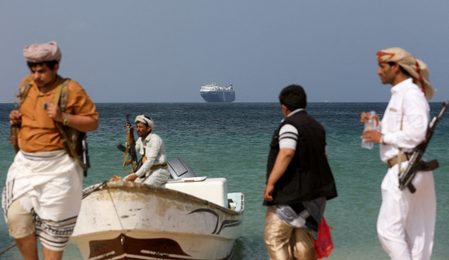

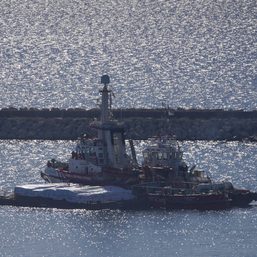
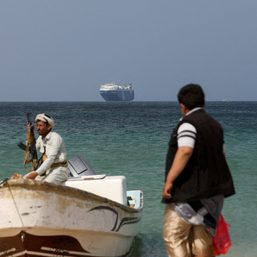


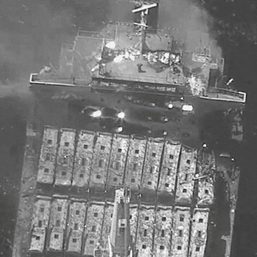
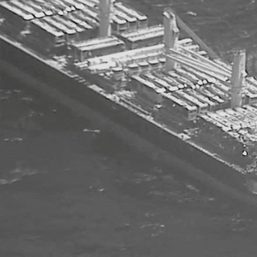
There are no comments yet. Add your comment to start the conversation.